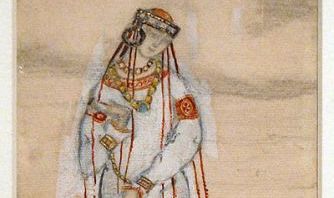Doris Akers at 100: the ‘Miss Gospel’ who helped to bridge cultural gaps
Posted on 15th May 2023 at 17:15

In May 1923, a new talent was born who would change the face of gospel music and bridge the gap between black and white musical cultures. As we celebrate the 100th anniversary of the birth of Doris Akers – known to many as ‘Miss Gospel’ – we take a look at her musical career and influence.














